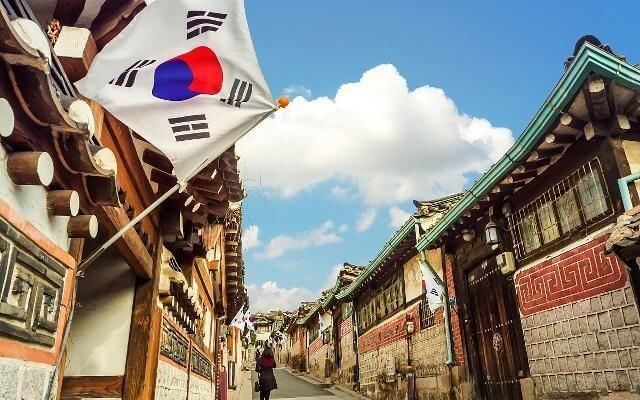
Jin, founded by the Jurchen tribe, attacked Goryeo. Later, the King of Goryeo asked to surrender and asked the Jurchen tribe to give her a surname. Jurchen did not give her Wanyan to Goryeo, but instead gave her country name as her surname. Among them, there are many people surnamed Jin.
The surname of Li was due to the war on the Korean peninsula that year. One of the small countries, Silla, sent a plea for help to the Tang Dynasty. Tang Taizong sent troops to help Silla put an end to the turmoil. The King of Silla at the time was grateful for the Tang Dynasty’s help and asked Tang Taizong. Given the surname, Tang Taizong gave the national surname Li to the king of Silla with a wave of his hand. Since then, North Korea has had the surname Li.
The origin of the surname Park is roughly the same as that of the Li surname, because the Central Plains dynasty sent troops to help them. The difference is that Park did not give the surname, but the Koreans at the time volunteered the surname “servant” in order to be grateful to the Ming Dynasty. The servants of the dynasty, after the establishment of the Qing dynasty, they dare not call themselves servants of the Ming dynasty. “Servants” have evolved into today’s “pu”.
The other surnames are due to various reasons that caused people who originally lived in the Central Plains to flow into the Korean Peninsula and leave their surnames there. It can be said that Chinese surnames are the ancestors of Korean surnames.